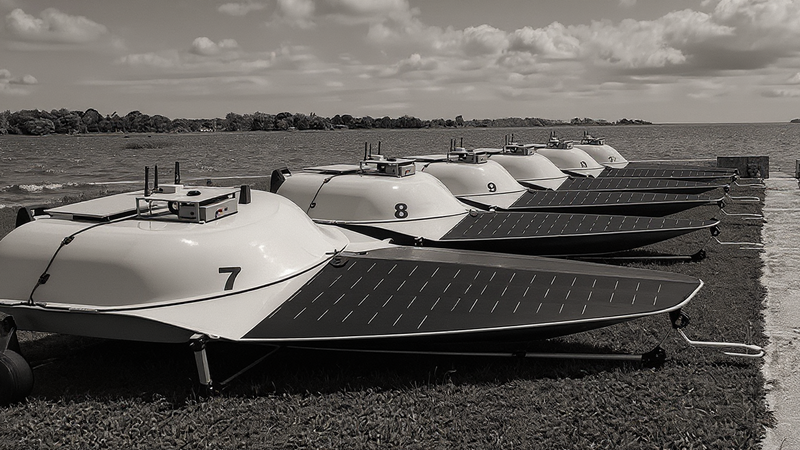At Reagan Defense Forum, tech upstarts seek entrée while old‑guard firms keep the contracts

SIMI VALLEY, Calif. — On a hilltop above this bedroom community, the Reagan National Defense Forum draws a glittering roster of decision‑makers each December. Cabinet secretaries, four‑star generals, industry executives, and members of Congress gather at the Reagan Presidential Library and Museum to discuss wars and budgets over panels, lunches, and receptions. Organizers promote the forum as a bipartisan space for frank talk about national security, but the event’s exclusivity and heavy corporate sponsorship have prompted criticism that it functions more like a networking gala for the well‑connected than a venue for substantive policymaking.
The forum is invitation‑only and set amid an “opulent” museum. For years, it has been a suit‑and‑tie affair where established contractors mingle with senior Pentagon officials and allied diplomats. In recent editions, a new class of “tech bros” — venture‑backed software, drone entrepreneurs — has arrived on the scene, ditching ties and sporting neatly trimmed beards. They pay handsomely to be there. Palantir was the forum’s largest corporate sponsor in 2024, and its logo was displayed in an outsized type on banners around the pavilion. This is the new war marketplace, replete with new primes. Newer defense start‑ups bought “gold” and “silver” sponsorships, exchanging beaucoup bucks for branding and coveted spots on panels, according to event materials.
Beyond the branding, the gathering has a social ambience. “Canapés and an open bar” receptions offered start‑up executives the chance to press business cards into the hands of four‑star generals and lawmakers with whom they would normally struggle to secure a meeting. The Air Force One Pavilion — where a retired Boeing 747 looms overhead — hosts award lunches serving “Gipper” brand water. Critics say this festival atmosphere risks creating a fantasy that rubbing shoulders with brass will unlock Pentagon contracts.
Reality may be less accommodating. The Defense Department still spends “the vast majority” of its more than $800 billion budget on “traditional, legacy weapons providers,” said a former Pentagon aide who now consults for industry - and is a kind of general officer whisperer. Palantir and SpaceX are cited as rare examples of venture‑backed companies that have broken through the procurement barrier. “Others want to follow,” the industry executive said, but start‑up founders admit privately that the road from conference panel to contract remains long and uncertain.
The divide between the show and the substance underscores why some view RNDF as an elitist affair. Sponsorship buys access and visibility, but not necessarily influence over the acquisition system. With multimillion‑dollar contracts still flowing to giants such as Lockheed Martin and Boeing, the event functions as a high‑profile stage rather than a lever on policy. It's easy to argue that if the forum were about democratizing defense innovation, it would welcome a broader range of participants and provide more transparent pathways to procurement. As it stands, the Reagan forum remains a sought‑after ticket — a glittering prom for defense insiders, complete with promises, pitches, and a reality check. If you are one of the few (literally) firms that touch the upper crest of Military leadership, it's for you.






